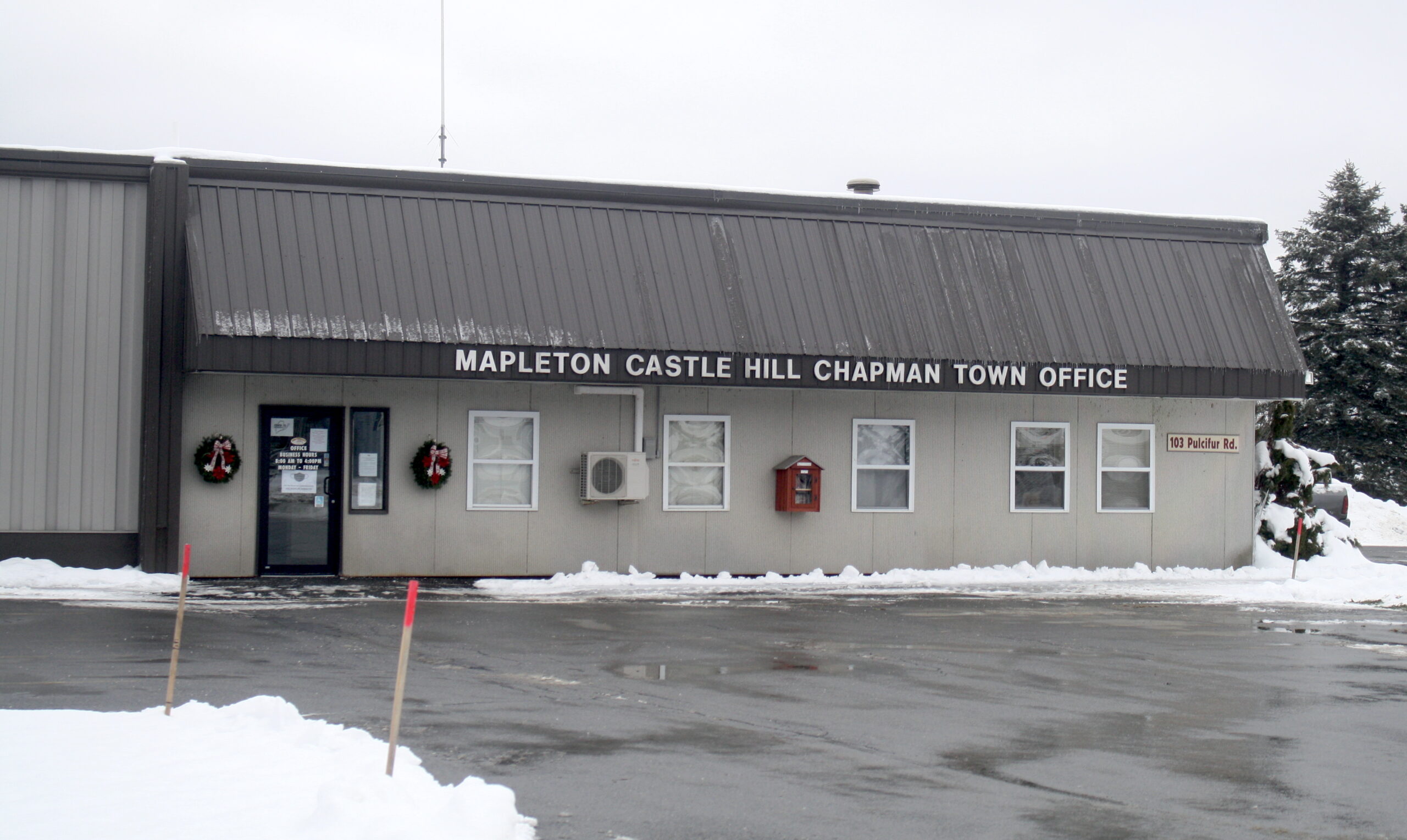MAPLETON, Maine — Mapleton residents on the West Chapman Road will soon benefit from a new sewer line.
The Mapleton Sewer District will receive $917,235 through the Maine Jobs and Recovery Plan. Gov. Janet Mills allocated $22 million to 20 wastewater treatment plants across Maine to be used for vital infrastructure projects.
The funds will cover around 60 percent of a $1.7 million project to replace sewer mains on the West Chapman Road. The remaining $783,000 has been earmarked in an appropriations effort announced by U.S. Sen. Susan Collins, which awaits congressional approval. The project will create a new wastewater system in an area that hasn’t seen improvements since the 1960s.
“This project has been a long time coming,” said Gilles St. Pierre, Mapleton Sewer District administrator. “It’s going to be a completely new sewer line when we’re done.”
Four other communities in Aroostook County received state DEP funding this time around. The Eagle Lake Water and Sewer District and Houlton Water Company each received $1 million, Van Buren netted $463,509 and the Loring Development Authority in Limestone received $167,950.
The state grants will be administered by the Maine Department of Environmental Protection.
District officials have been eyeing the improvements for years, but didn’t have the money to complete the work.
They apply for state DEP funds annually and this year received more than half of the project’s projected costs. For the remainder, they applied for congressional funding and have received a letter stating they were approved, St. Pierre said.
All that remains is final approval on the appropriations package.
“Now that we have the rest of the money committed, the goal is to put it out to bid in January and open bids in February, and do construction next summer,” St. Pierre said.
The district will replace sewer mains and manholes on the West Chapman Road, which haven’t been touched since they were installed around 1965, he said.
Engineers performed an infiltration and outflow study, which measures how much groundwater and stormwater are entering a sewer system through cracked joints and pipes, manholes or excessive rain. When construction is complete, there should be only the normal, minimal amount of occasional inflow.
By removing that excess water, the district will save money on its electricity bills because it won’t be working as hard to pump water that doesn’t belong there, St. Pierre said.
The only thing is, a lot can happen to material prices and availability between now and when the actual work begins.
“The question is now, when we put this out to bid, will it stay there [at $1.7 million]?” St. Pierre said. “Bids are all over the place. COVID turned everything around.”
The district plans to focus on ongoing improvements to other parts of the town’s sewer system in the coming years.









